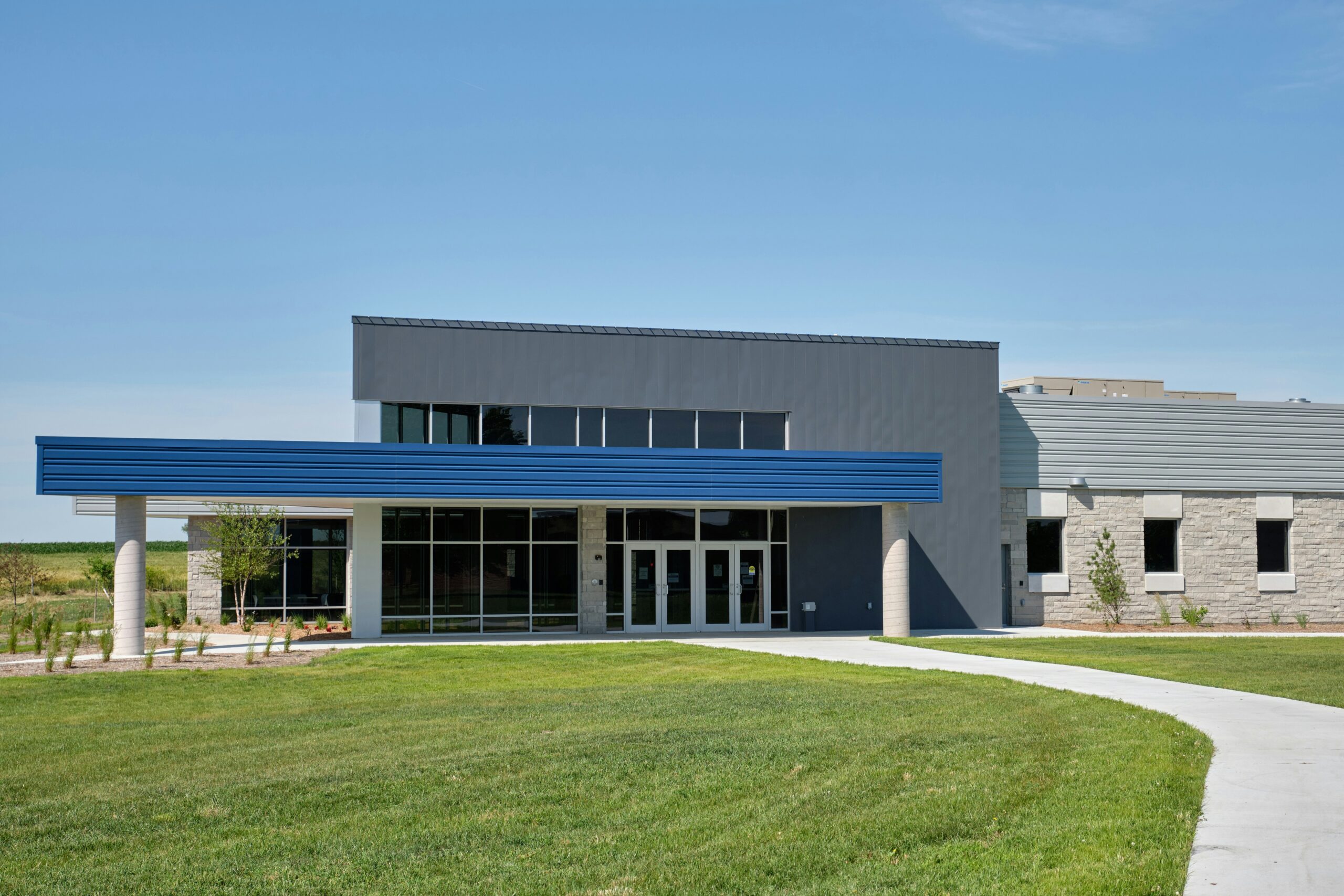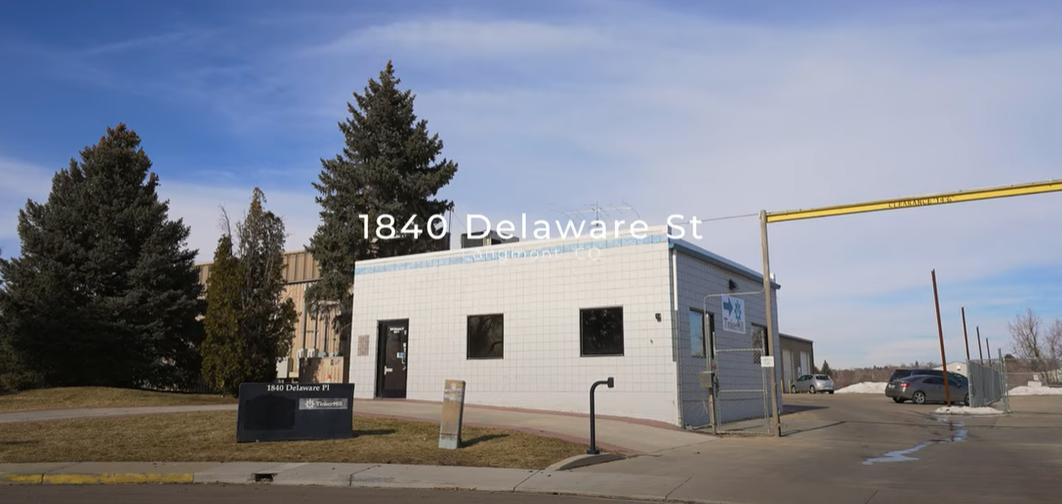The Structure of a Commercial Lease
Before implementing a commercial lease as a landlord, be sure you understand its structure and ramifications. On the other hand, it’s crucial for tenants to be familiar with the different portions of a commercial lease agreement prior to signing to avoid any future confusion or conflict.
While there are several different types of leases in commercial real estate, each with its own set of obligations, there are a handful of general things to know as you prepare to rent your property.
Parts of a Commercial Lease
The following are the different parts of commercial leases that should be considered:
- Rent Amount: Most importantly, the lease will explain how much it costs to rent the property.
- Payment Due Date: Is rent paid on a monthly basis? If so, be sure your renter knows what date it must be paid by and how that aligns with the cash flow of their business.
- Security Deposit: Read the contract to understand if the landlord will collect a security deposit upfront and how they may use the funds once the lease has ended.
- Lease Term: How long the lease agreement lasts should be clearly outlined.
- How to Renew: Will the lease automatically be renewed at the end of the first term? Is there an option for a month-to-month agreement after the first year?
- Type of Business Allowed: Typically, leases will explain what types of businesses may operate in a given building per the zoning guidelines. Ensuring the tenant’s business meets the criteria is paramount.
- Common Area Maintenance: Many commercial spaces will have common areas that need to be maintained. Is this the tenant’s responsibility, the owner’s, or split?
- Subleases: Depending on the size of the building, a tenant may want to sublease a portion of their rented space. Some leases will allow subletting, and some will not.
- Improvements: If any improvements need to be made while a renter is in place, the lease will specify who is responsible for the associated costs.
- How to Terminate: Tenants and landlords have different rights when terminating the lease contract. The agreement will state if and how each party can end the lease.
Not Sure What to Look For?
If you are a landlord or tenant and aren’t sure what to look for in commercial leases, we would love to help! Northern Colorado Commercial Real Estate is experienced in helping clients understand and negotiate the terms of commercial leases.
If you have questions about commercial real estate or lending options, please contact Steve Longenecker and Northern Colorado Commercial Real Estate at WeBrokerCORealEstate or 720-600-9513.
We give out $250 gift cards for referrals that become our real estate clients.
Like, Share & Follow us on LinkedIn and Facebook.
#longmontcommercialrealestate #commercialrealestatebroker #northerncocommercialrealestate



